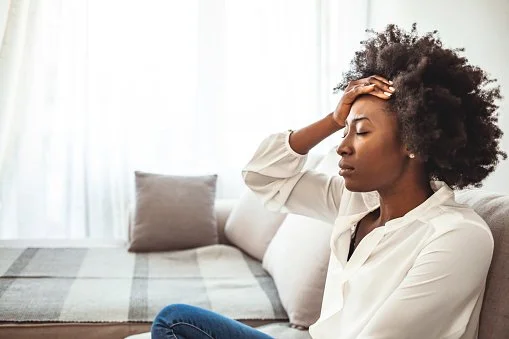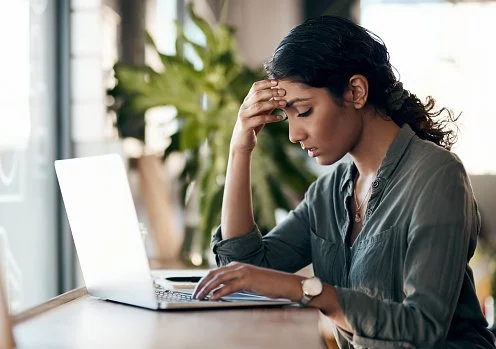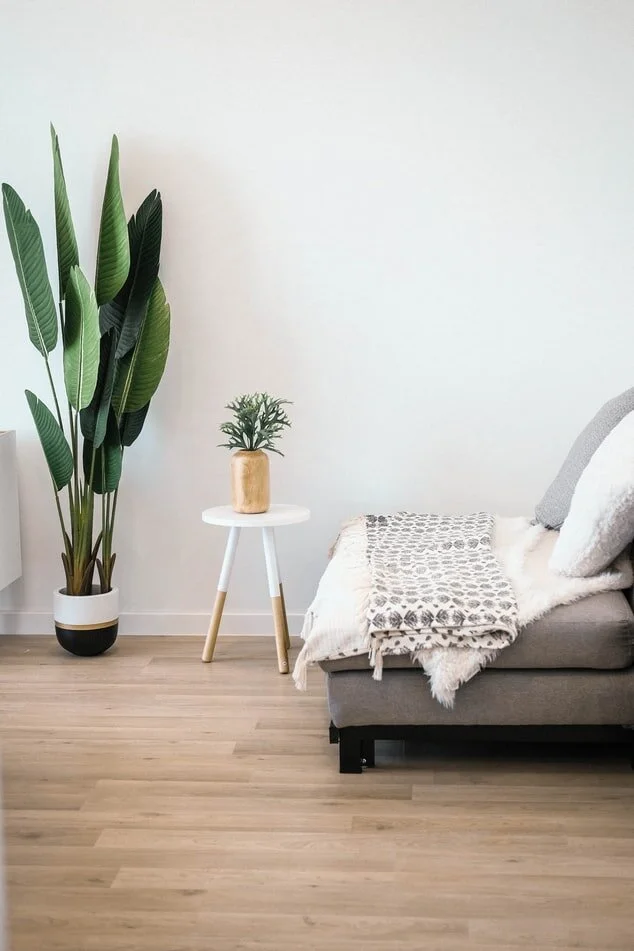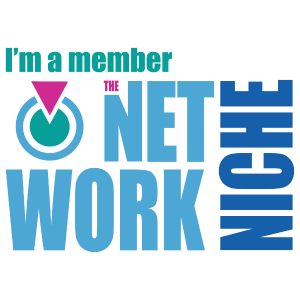The Dangers of Self Diagnosing
/We're all guilty of it. If we fear some issue that’s lingered in our bodies for too long, we head to Doctor Google for a quick search that brings up hundreds of results, with many of them being life-threatening. However, when we rely on Google to diagnose our problems, this becomes a very dangerous cycle. But why is this and what can we do to get out of this problem that so many of us fall prey to?
The Issue Of Convenience
For some, it’s quicker to type a few words rather than go to the doctor either out of fear, previous bad experiences with medical providers, or because of a financial issues. Another reason people avoid the doctor is due to getting the run around and not having your symptoms addressed or treated properly. For example, for those with chronic pain, it can be very frustrating when a medical professional has to refer you for further tests. In the meantime this only compounds the anxieties. It's unsurprising that many go on the internet to see what the problem is.
But unfortunately, this is no replacement for a healthcare professional.
Self- diagnosing can lead you to jump to conclusions about your symptoms and you could begin improper treatment or miss more symptoms as many psychiatric and physical conditions can sometime mimic each other.
Being Hesitant To Speak To A Doctor
There is a term for people who continually search for their symptoms online and believe that they're suffering from the results that pop up. Cyberchondria is incredibly common. As the ease of access to Doctor Google means not going to the doctor, this can result in us moving away from the advice of professionally trained healthcare professionals.
Why We Need To Keep Our Perspective
While many are continually relying on Doctor Google to provide the real answer, the fact is, we've got to nip this in the bud. We've got to keep our perspective of events. Because after all, it's unlikely we’re suffering from a rare medical condition. For example, the increase of people who went to the doctor believing they had ALS after the ice bucket challenge highlights just how much cyberchondria there is in the world. Instead, what you could do, if you believe yourself to have a psychiatric or medical condition, is to make a note of all the symptoms, and show to your doctor what this is pointing towards. The doctor can then evaluate you, which can confirm or deny your suspicions.
In conclusion, while self-diagnosing through Doctor Google can be convenient, it can be dangerous. It leads us down a path of anxiety, where we will end up afraid to go out and do anything. While hypochondriacs are suffering from a debilitating mental health condition, nowadays, with the ease of access to information, cyberchondria isn't far behind. After all, we all have access to a phone with millions of web pages. So the next time you feel you have some problem that won't go away, do yourself a favor and go to a doctor.
LETS GET SOCIAL…






















